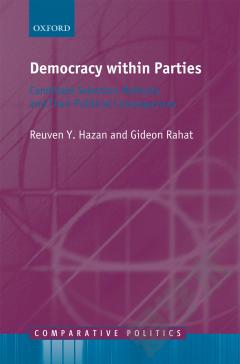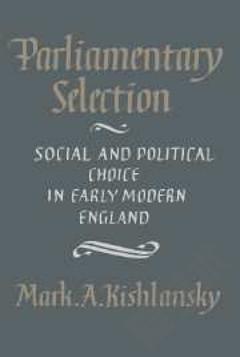Politics at the Centre —— The Selection and Removal of Party Leaders in the Anglo Parliamentary Democracies
----- 中心的政治:英美的议会民主,党的领导人的选择和去除
This book is a comparative study of the rules, norms, and behaviour surrounding political party leadership. The primary analysis includes twenty-five parties in Australia, Canada, Ireland, New Zealand, and the United Kingdom from 1965 onwards. The topics examined include methods of leadership selection and removal, and the nature of leadership politics. The themes of the book include intra-party democracy, with an emphasis on the relative roles of the parliamentary and extra-parliamentary groups, and the causes of organizational reform within parties. Particular attention is paid to change over time and to differences among parties with explanations offered for both. Considerable attention is paid to the trend of expanding the leadership selectorate including consideration of why many parties are adopting this reform while others resist it. Data, collected from more than 200 leadership elections, are analysed to consider issues such as the competitiveness of leadership contests, the types of individuals who win the contests, and the longevity of leaders. The influence of different methods of selection and removal on these issues is also examined. Much of the analysis is based on in-country interviews conducted with active politicians, former and current party leaders, political journalists, and officials of the extra-parliamentary parties. Extensive use is also made of a comprehensive review of party documents related to leadership selection. Many real-life examples from all five countries are used to illustrate the central concepts and themes. A separate chapter considers the applicability of the findings from the Westminster systems to parties in other parliamentary and presidential systems. The concluding chapter makes a normative argument for methods of leadership selection and removal that include both a party's parliamentarians and its grassroots activists.
{{comment.content}}








 京公网安备 11010802027623号
京公网安备 11010802027623号